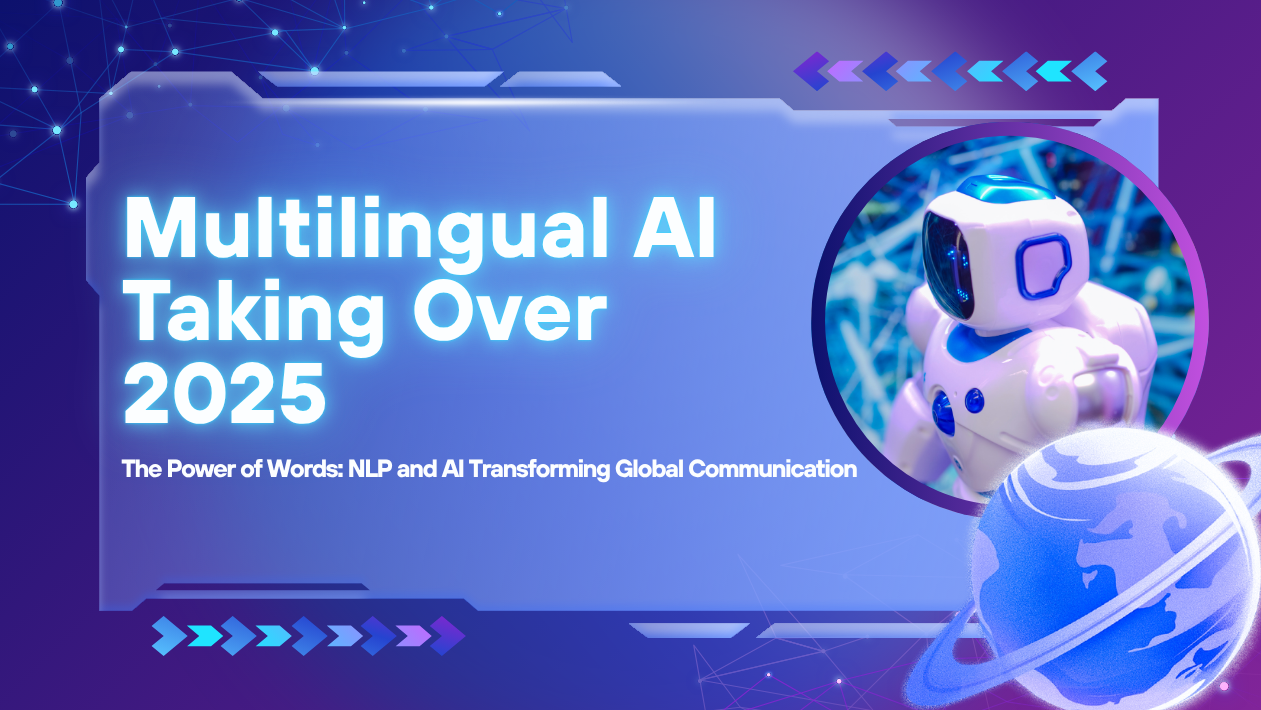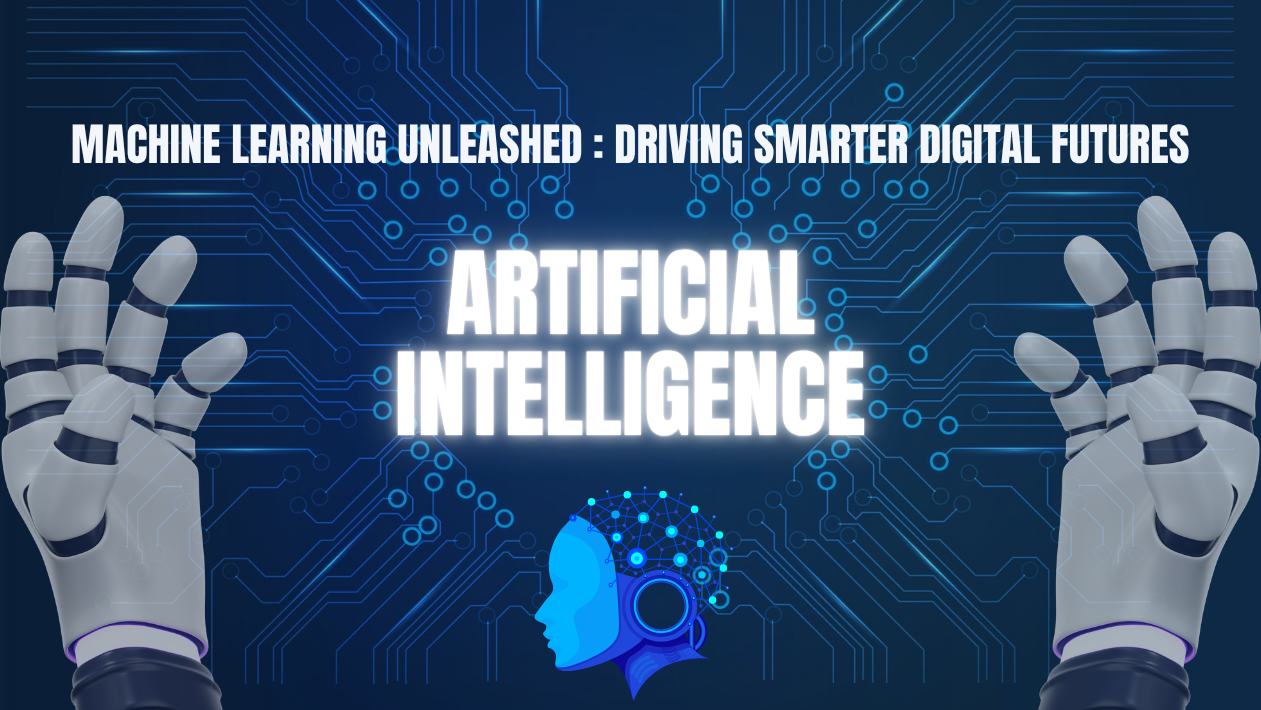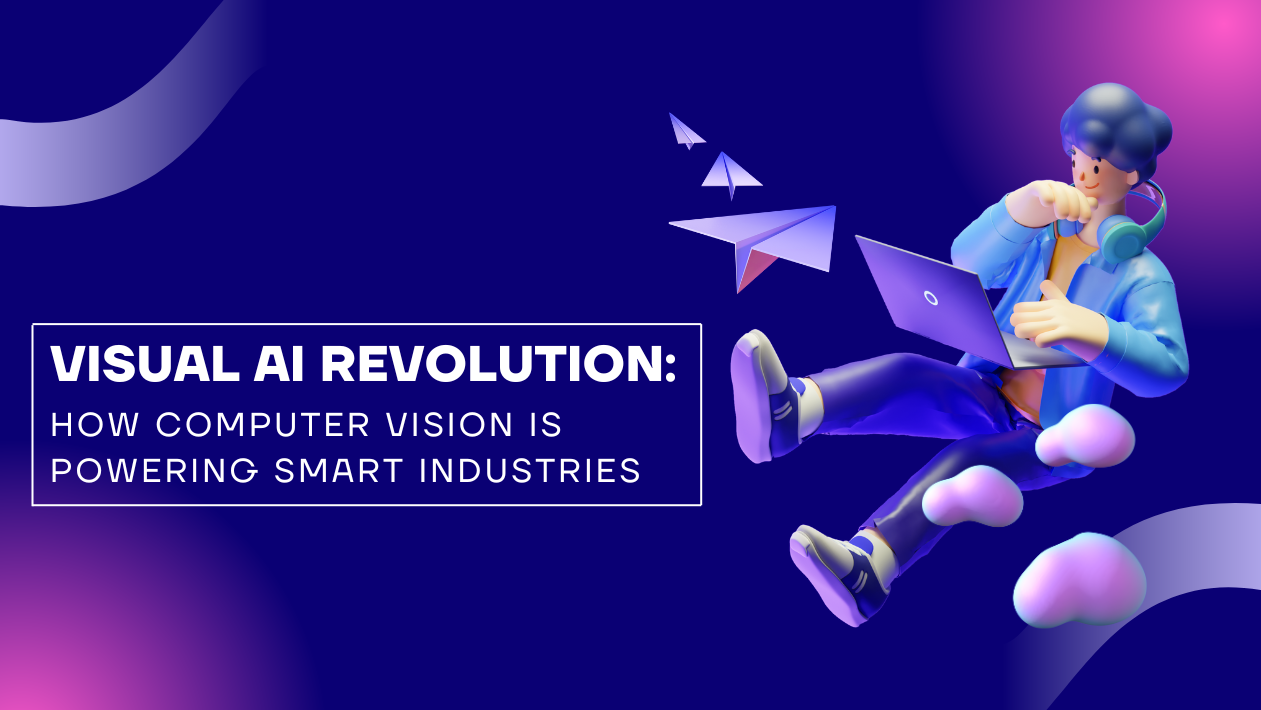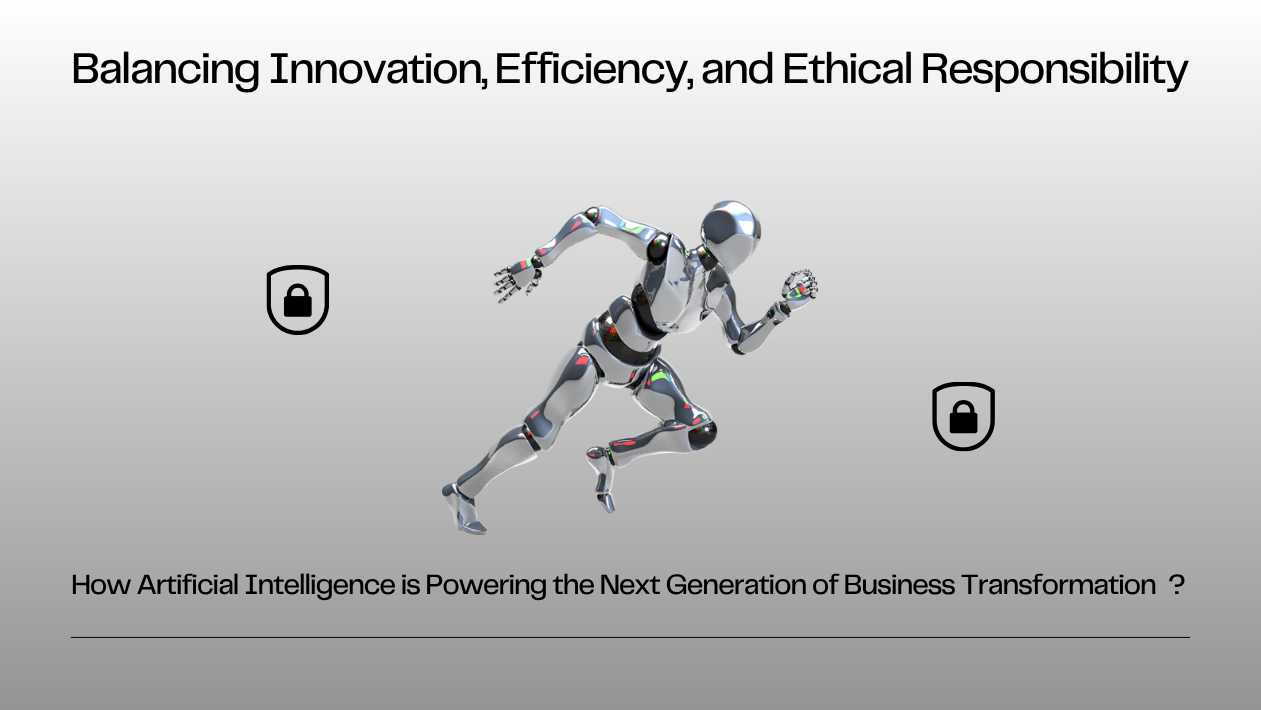As artificial intelligence continues to evolve and influence critical aspects of modern life—ranging from healthcare diagnostics to judicial systems—AI ethics has become a global priority in 2025. Governments, tech giants, and civil society organizations are racing to establish clear standards and regulations to ensure responsible AI development, fairness, transparency, and human oversight.
Global Push for Unified Ethical Frameworks
In a landmark event this year, the Global AI Ethics Accord (GAEA) was signed by over 60 countries, creating an international framework that outlines mandatory ethical principles for AI, including non-discrimination, explainability, data privacy, and accountability.
This effort is being seen as a crucial step in preventing “AI wild west” scenarios, especially as generative AI tools and autonomous systems proliferate across industries.
AI Transparency and Explainability Take Center Stage
One of the biggest ethical challenges in 2025 is the “black box” nature of AI—where decisions made by algorithms cannot be easily explained or audited. In response, several major AI companies have launched Explainable AI (XAI) features in their platforms, helping organizations understand how models make decisions, especially in sensitive areas like finance, insurance, and healthcare.
Governments are also requiring that high-risk AI systems (such as those used in hiring or credit scoring) meet transparency benchmarks before deployment.
Bias and Fairness Under Scrutiny
Bias in AI systems remains a key concern. Studies published this year by independent research labs showed that several popular language and vision models still exhibit racial, gender, and cultural biases in outputs.
To address this, tech firms are investing in bias auditing tools, diverse data collection, and fairness-focused model training. Regulators are urging companies to perform bias impact assessments for all large-scale AI systems.
Rise of AI Ethics Officers in Corporates
Many large enterprises have created internal roles like Chief AI Ethics Officer or Ethics Review Committees to oversee ethical deployment of AI in products and operations. These professionals work closely with legal, compliance, and product teams to ensure that AI aligns with both regulations and company values.
Youth, Privacy & Surveillance Concerns Mount
Public protests and advocacy campaigns have emerged globally over the use of AI surveillance, especially in schools and public spaces. Critics argue these systems violate privacy and civil liberties, particularly when facial recognition and behavior scoring tools are involved.
Governments in the EU, Canada, and India are re-evaluating the legality of such applications, emphasizing consent, minimal data use, and algorithmic accountability.
Outlook: Responsible AI Is No Longer Optional—It’s Expected
In 2025, the message is clear: ethics must evolve alongside AI capabilities. Organizations that fail to consider ethical implications risk not only reputational damage but also legal penalties and user mistrust.
The future of AI will be shaped not just by how powerful it becomes—but by how responsibly it’s built and used.





